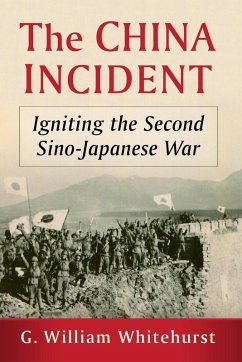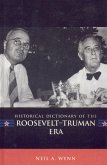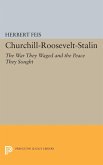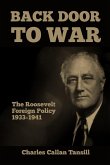In 1937, Japan blundered into a debilitating war with China, beginning with a minor incident near Peking (now Beijing) that quickly escalated. The Japanese won significant battles and captured the capital, Nanking, after a horrific massacre of its citizens. Chiang Kai-shek, China's acknowledged leader, would not surrender--each side believed it could win a war of attrition. The U.S. sided with China, primarily because of President Roosevelt's personal bias in their favor. Drawing on a wealth of sources including interviews with key players, from soldiers to diplomats, this history traces America's unexpected and unpopular involvement in an Asian conflict, and the growing recognition of Japan's threat to world peace and the inevitability of war.
Hinweis: Dieser Artikel kann nur an eine deutsche Lieferadresse ausgeliefert werden.
Hinweis: Dieser Artikel kann nur an eine deutsche Lieferadresse ausgeliefert werden.








